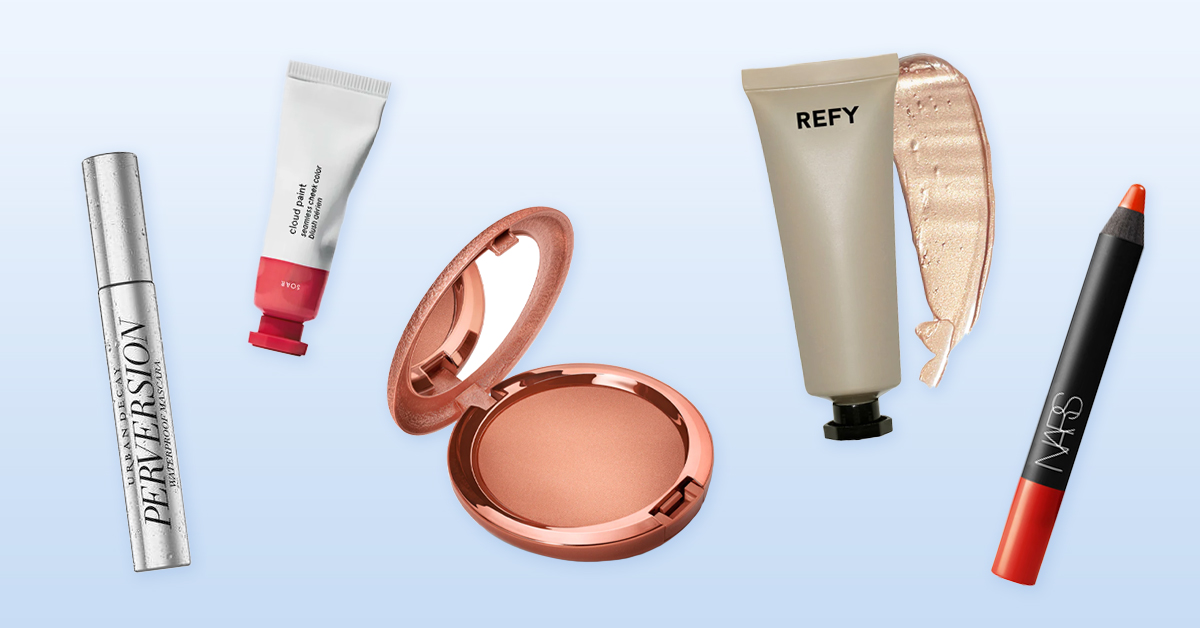All your COVID-19 vaccine questions answered
It’s been ten long months since the coronavirus pandemic started, but there’s finally a glimmer of hope. The FDA approved two vaccines for emergency use — the Moderna and Pfizer-BioNTech vaccines, two of 11 potential coronavirus vaccines. Both vaccines use similar technology and boast high efficacy rates — Pzifer is 95% effective, and Moderna is 94.5% effective in protecting against the coronavirus. In comparison, the flu vaccine is only 40% to 60% effective depending on the year. This means that the Moderna and Pfizer vaccines offer outstanding protection against the coronavirus. Want to learn more? Here are your top five questions about the coronavirus vaccine answered:
1. How do the Pzifer and Moderna vaccines work?
Many vaccines are “live” vaccines, such as the flu and MMR shots, meaning they contain live, weakened versions of a disease. The body then recognizes and builds up an immune defense against it. However, the Pfizer and Moderna vaccines don’t contain live viruses. Instead, they use mRNA technology. The coronavirus, when examined through a microscope, has spikes surrounding the cell. The mRNA tells the body how to build those COVID-like spikes, protecting it from the virus itself.
2. What are the differences between the two vaccines?
The Moderna and Pfizer vaccines both use mRNA technology, are injected into muscles, are over 94% effective, and require two doses given over the course of three to four weeks. But, the major difference is how they’re stored. The Pfizer vaccine needs to be stored in a freezer at -94 degrees F, whereas the Moderna vaccine can be refrigerated for up to 30 days or stored for six months at -4 degrees F.
3. What are the side effects?
Bear in mind that just about every vaccine has side effects. And just because a vaccine has side effects doesn’t mean it’s not safe. Some people in the vaccine trials reported minor side effects, like a sore arm or swelling around the injection site. Other common side effects include headache, fever, and chills. However, one big concern is that some people with major allergies have reported anaphylactic-type responses to the vaccine. If you’re allergic to any of the Pfizer or Moderna vaccine components, talk to your PCP.
4. Is there anyone who shouldn’t get vaccinated?
The Moderna and Pfizer mRNA vaccines haven’t yet been tested on kids under 16 years of age, pregnant women, and lactating women. Moderna recently announced that it plans to run a trial using kids aged 12 to 17 years. The potential risks to a pregnant individual and the fetus aren’t yet known.
5. When can I get vaccinated?
It depends. The Advisory Committee on Immunization Practices said that healthcare workers and residents of long-term care facilities will be vaccinated first, which has already started in many states. Each state must then decide how they will roll out the vaccine and which groups of people they’re like to prioritize, such as older adults, high-risk individuals, and essential workers. The CDC’s goal is for the general public in the US to have the chance to get vaccinated sometime in 2021.
For more information about the coronavirus vaccines, visit the CDC website here.
References
- “Everything You Need to Know About the COVID-19 Vaccine,” Vogue, December 8, 2020.
- “The Coronavirus Vaccine: Everything You Need to Know,” Glamour, December 8, 2020.
















